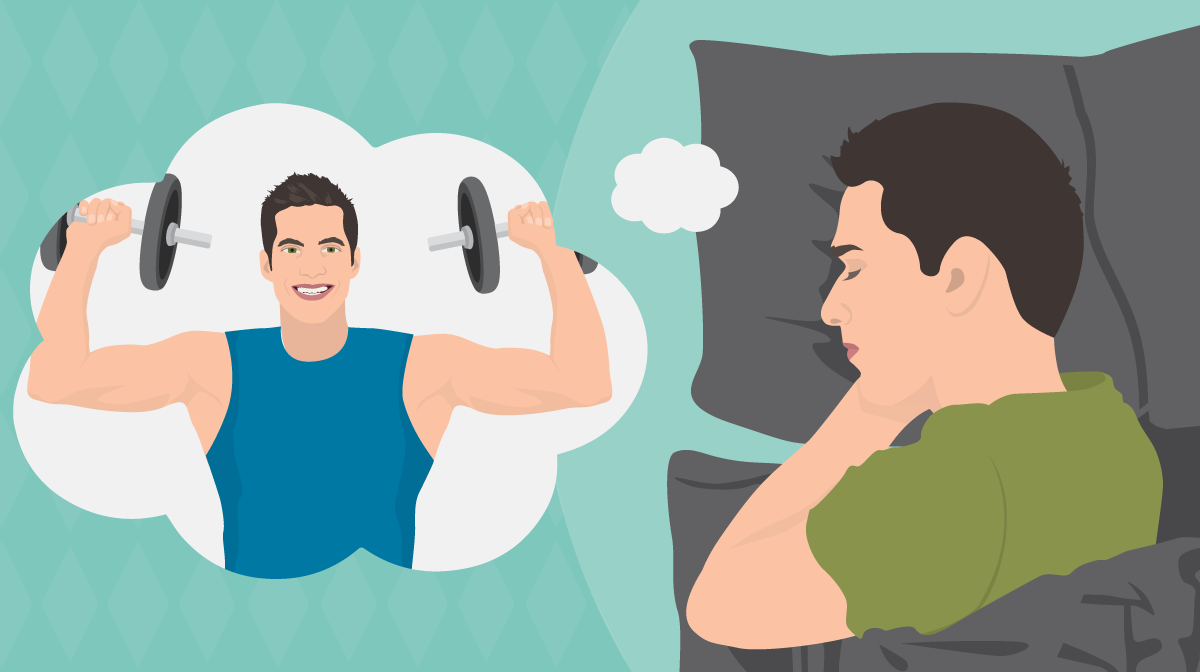
Five Ways Rest Days Affect Your Fitness
We’re always told to stay active and get regular exercise. However, more exercise isn’t always better. As a fitness professional, I have seen the negative reputation recovery gets. Their simply isn’t enough position reinforcement around prioritizing recovery. Below are five ways rest days affect your fitness.
Rest days are just as important as nutrition, programming and water intake. In fact, a successful fitness regimen isn’t complete without rest days.
Taking regular breaks allows your body to recover and repair. It’s a critical part of progress, regardless of your fitness level. Skipping rest days can lead to overtraining or burnout. Here are Five Ways Rest Days Affect Your Fitness.
1. Provides Recovery
Contrary to popular belief, a rest day isn’t about being lazy on the couch. It’s during this time that the beneficial effects of exercise take place. Specifically for muscles to grow.
Exercise creates microscopic tears in your muscle tissue. But during rest, cells called fibroblasts repair it. This helps the tissue heal and grow, resulting in stronger muscles.
Also, your muscles store carbohydrates in the form of glycogen. During exercise, your body breaks down glycogen to fuel your workout. Rest gives your body time to replenish these energy stores.
2. Helps Reduce Fatigue
Rest is necessary for avoiding fatigue. Remember, exercise depletes your muscles’ glycogen levels. If these stores aren’t replaced, you’ll experience muscle fatigue and soreness.
Plus, your muscles need glycogen to function, even when you’re not working out. By getting adequate rest, you’ll prevent fatigue by letting your glycogen stores refill.
3. Reduces the Risk of Injury
Regular rest is essential for staying safe during exercise. When your body is overworked, you’ll be more likely to lose movement quality, drop equipment, or overestimate your ability to handle a heavy load.
Overtraining also exposes your muscles to repetitive stress and strain. This increases the risk of overuse injuries, which can force you to take more rest days versus scheduling rest days into your workout plan.
4. Improves Performance
When you don’t get enough rest, it can be hard to do your normal routine, let alone challenge yourself. For example, you might be less motivated to do an extra rep or run another mile. It could even have an impact on completing your daily workout as prescribed by your personal trainer.
Even if you push yourself, overtraining decreases your performance. You may experience reduced endurance, slow reaction times, and poor agility.
Rest has the opposite effect. It increases energy and prevents fatigue, which prepares your body for consistently successful workouts.
5. Supports Healthy Sleep
While regular exercise can improve your sleep, taking rest days is also helpful.
Physical activity increases energy-boosting hormones like cortisol and adrenaline. Constant exercise, however, overproduces these hormones. You’ll have a hard time getting quality sleep, which only worsens fatigue and exhaustion.
Rest can help you get better sleep by letting your hormones return to a normal, balanced state.

